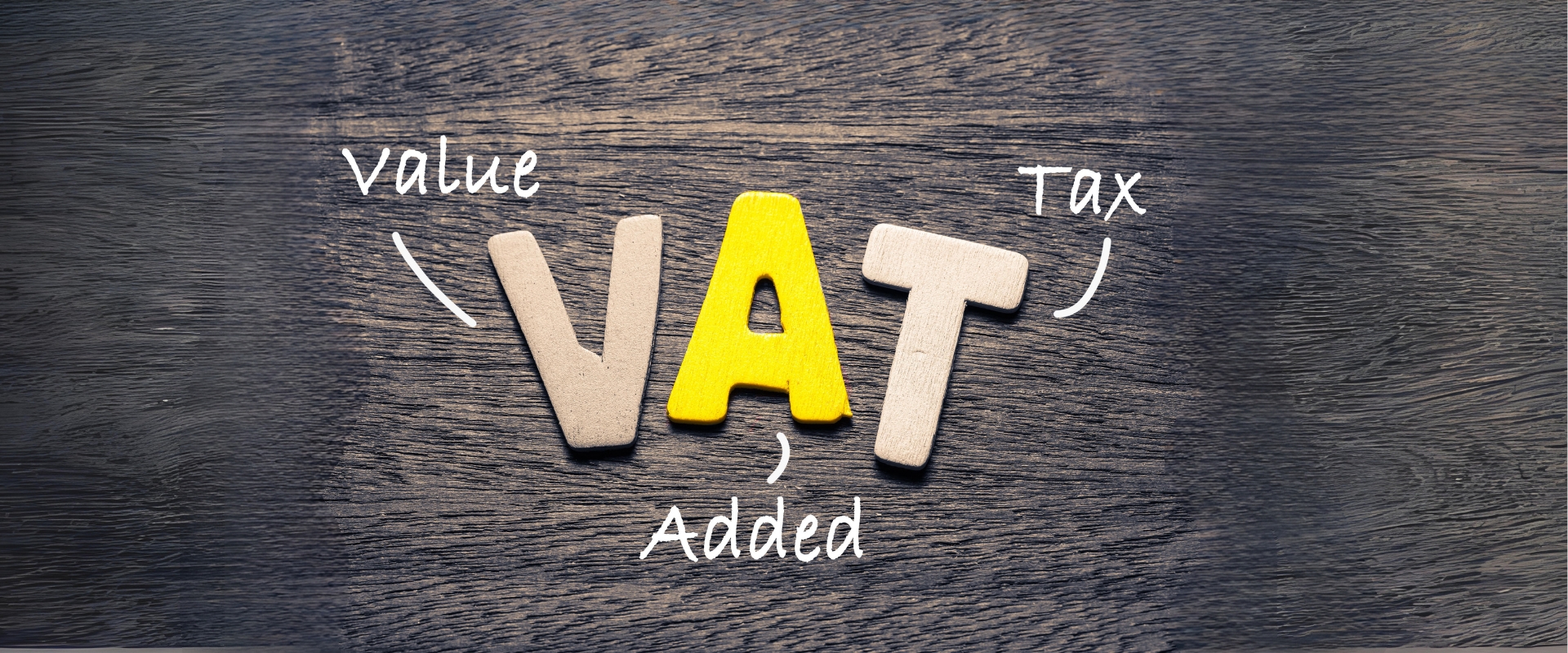Hello, is there anything we can help?

Come on, understand the basic concepts and implementation of domestic VAT
PPN30 Nov, 2023 11:11 WIB
Jakarta, Ideatax -- Value Added Tax or Domestic VAT is a form of tax imposed on goods and services produced or traded within a country. VAT has an important role in the country's economic structure, because this tax contributes significantly to government revenue and has a broad impact on the balance of the national economy.
Let's understand together the basic concept of VAT and how its application affects various aspects of life and business in the country through the following discussion. With a deeper understanding, we can appreciate the importance of this tax in the socioeconomic context of the country.
Basic VAT Concepts
As stated previously, Value Added Tax or Domestic VAT is a tax imposed on buying and selling transactions of goods and services to taxpayers, both individuals and business entities in the country. Thus, the parties who have the obligation to collect, deposit and report VAT are sellers/traders. Meanwhile, the final consumer is responsible for paying the VAT.
Value Added Tax will only be imposed and must be paid by business owners or companies that have been officially confirmed as Taxable Entrepreneurs (PKP).
The purpose of Domestic VAT itself is to collect revenue for the government and reduce the potential impact of inflation. More than that, VAT also acts as a tool to control consumption and encourage investment.
Implementation of Domestic VAT
The following are several important aspects that individual or corporate taxpayers need to understand when implementing VAT domestically.
1. VAT object
The object of Value Added Tax (VAT) includes the delivery of Taxable Goods (BKP) and Taxable Services (JKP) within the Customs Area carried out by entrepreneurs.
The VAT objects imposed domestically include:
- Sales of services and goods within the country.
- Domestic use of imported goods.
- Export of goods and services by registered entrepreneurs.
2. VAT rate
Value Added Tax (VAT) rates based on Law no. 42 in 2009 was 11%. However, according to the Tax Harmonization Law, on January 1 2025, the VAT rate will increase to 12%.
Apart from that, there are VAT exemption facilities for basic necessities, educational services, medical health services and social services. This facility aims to help the community at large.
Well, that ends the discussion in this review. In short, understanding Domestic VAT, from its basic concept to its implementation, is the key to the success of business actors in carrying out their business activities. If you feel you need further guidance or assistance regarding VAT reporting and implementation, don't hesitate to utilize Ideatax's services.
With Ideatax consulting services, you can move forward with confidence, ensuring that the tax aspects of your business run smoothly and in accordance with applicable regulations. So, let's partner with Ideatax to optimize your business and achieve greater success.

